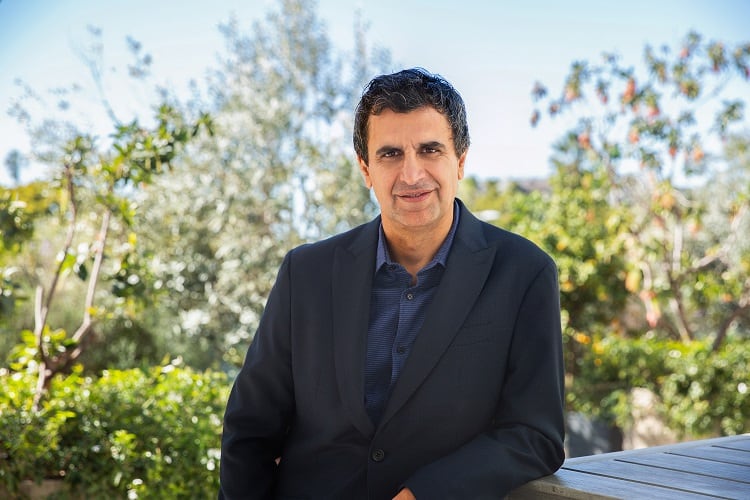Fernando Fernandez joined Unilever as CEO, following the surprise exit of predecessor, Hein Schumacher.
Last week the new arrival sat down with Barclays' Warren Ackerman, to discuss his vision for the future of the company. Here are five things we learned from the exchange.
Committed to food portfolio
Following the separation of ice cream, there has been significant speculation as to whether Unilever’s whole food portfolio might be up for the chop, with one leading shareholder suggesting that it “doesn’t make sense” for Unilever to keep food.
In the past there have been dis-synergies around food in terms of supply chains. Dis-synergies was one justification given for ice-cream’s separation when it was announced. More recently, the company sold longtime brands Unox and Zwan, both of which had been with the company for nearly a century.
Nevertheless, Fernandez stressed that he is committed to growing the food business. Knorr, he points out, is the business’s second biggest brand, and Hellman’s is the fifth. Combined, they make up 60% of Unilever’s food business.
These two brands have some key advantages. He describes as ‘edible personal care’, due to their similar margin structures with other sectors of Unilever’s business, such as personal care.
In conclusion, food is “a very attractive business,” providing Unilever with a lot of flexibility, he stressed.
Nevertheless, not all food is safe. There is a range of smaller brands, in Europe specifically, that he does not believe fit well with the company’s portfolio, and other brands that don’t provide good opportunities to scale.
“Every brand in our portfolio, every category in our portfolio, has to earn the right to remain in our portfolio,” he concluded.
Supply chains may be ‘re-routed’ to US to cope with tariffs
The effects on Unilever of US President Donald Trump’s tariffs will be ‘limited’, Fernandez predicted.
The tariffs are predicted to affect goods moving between Canada, Mexico, China and the US, Fernandez pointed out. In the case of need, Unilever’s supply chain could be ‘re-routed’ to serve the US.
Trump recently said that the desired impact of tariffs is to bring manufacturing back to the US.
On the other hand, the currency instability created by tariffs, Fernandez predicted, may cause currency in developing and emerging markets to depreciate.
In conclusion, he said, “we don’t see a dramatic effect in Unilever” in response to tariffs.
India and US as anchors
Any company, he said, should have “strong geographical anchors,” and the US and India should, in the long run, be Unilever’s. “We have an exceptional position in India.”
Fernandez sees India, Unilever’s second-largest market, as a key area of prospective growth.
With interest rates down in the South Asian country, cuts to personal income tax, and deflation of food prices where there had previously been inflation, Fernandez predicts that, in the second half of this year, the market there will provide good conditions for Unilever’s growth.
50% in premium
For some time, Unilever’s key focus has been on premium products.
Currently, according to Fernandez, 35% of the business is focused in premium, alongside 45% in mainstream and 20% in value.
The goal, said Fernandez, is for 50% of the business to be in premium.
In Europe, especially, he predicts that there is the potential to unlock volume growth and positive mix in premium.
“The direction of travel is clear,” he said. “I like premium.”
A fast pace of change
“I will not reassure you in terms of slowing the pace,” Fernandez, who has been with the company for 37 years and is known for his bold business style, told Ackerman. The pace of change, he said, will be fast.
In the short-term, Fernandez aims to siphon resources to the most profitable ‘strongholds’ of the business. He also plans to fix issues the business has in markets such as Indonesia and China.
Lastly, he pledged to complete the separation of ice-cream, which has long been in the works. Unilever recently announced that ice cream’s new home would be in Amsterdam.
His other plans include divisionalising Unilever’s sales force in its top 24 markets. This means that they will be split up into several divisions. In Fernandez’s view, this will increase accountability of delivery to the business group presidents.
In the longer term, Fernandez aims to focus on making Unilever’s brands more global. He feels the company currently is a ‘federation of local and regional brands,’ and wants to focus more on global brands.


